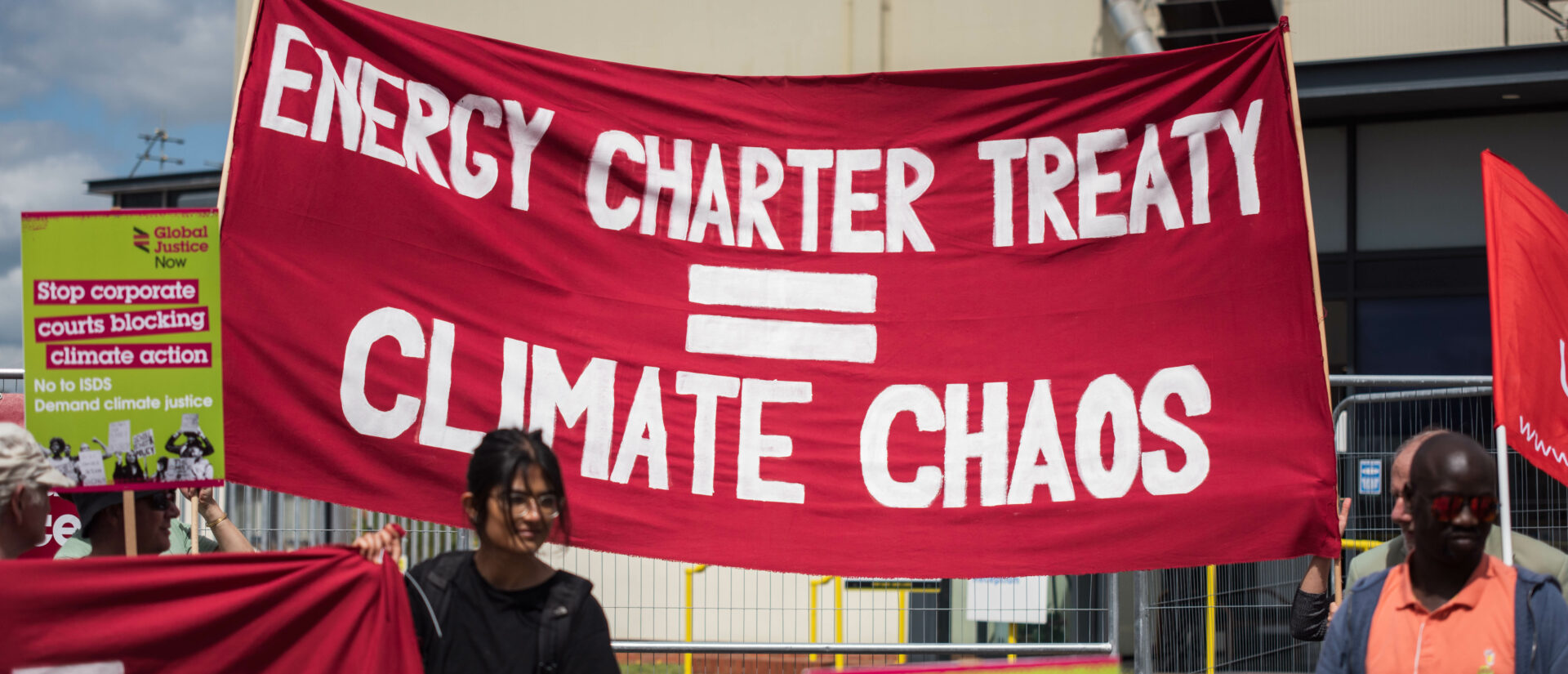
COP27: EU adoption of a “modernised” Energy Charter Treaty would open door to more climate chaos
- On Friday 18 November, toward the closing of COP27, EU member states will vote on whether the EU should accept or reject a new version of the notorious Energy Charter Treaty (ECT), a treaty that provides long-lasting protection to the fossil fuel industry
- Several EU member states – including Germany, the Netherlands, France, and Spain – have already said they want to exit the treaty because the so-called “modernised” ECT text is not compatible with the Paris climate agreement. But unless the EU as a bloc rejects the modernised text, they will remain bound by the treaty.
- Civil society groups are imploring EU Member States to reject the EU’s adoption of the new treaty on the 18th and pave the way for the EU to exit the treaty.
As world leaders sit together in Egypt for COP27, the EU has the unique opportunity to end a relatively unknown, but impactful, ‘climate-killing’ treaty: the Energy Charter Treaty or ECT. However, EU members states look set, this coming Friday, to allow the EU to accept a new version of the ECT. If they do so, all EU member states will remain bound by the treaty, even those countries like the Netherlands, France and Spain, which have said they want to leave.
“This situation is extraordinary,” says SOMO Trade and Investment expert Bart-Jaap Verbeek. “It is illogical that member states will vote on Friday to allow the EU to accept the modernised text and remain in the ECT, even while individually several of them know how bad a deal it is, and want out.”
EU member states seem willing to accept that the EU as a bloc signs up to the modernisation of the ECT, even if some of them individually want to exit the treaty, erroneously believing the modernised text is at least better than the old text for those countries that remain inside the ECT.
“This is completely missing the point,” says Bart-Jaap Verbeek. “Endorsing the new text is opening the door to a long-lasting treaty with an expanding membership. The EU agrees the old text was not acceptable. The new text is not much better. If the EU rejects the treaty and its inadequate modernisation, we move closer to escaping its climate-destructive clutches.”
An EU vote to reject the modernised text would be game-changing – as it would mean the EU must exit the ECT. Under European law, the EU cannot remain a party to the ECT if the text is not modernised. If the EU rejects the modernised text, the old text remains in force and the EU must leave the treaty. From a climate change perspective, this would be a significant positive development.
“We need a blocking minority at the vote on Friday 18 November. It’s vital some EU members step up. The stakes are too high to take a laissez-faire approach”, says Bart-Jaap Verbeek.
Scandalous protection of fossil fuel industry
Civil society groups have long campaigned for states to exit the ECT because of its scandalous protection of the fossil fuel industry. The treaty aggressively protects corporate interests and allows big oil, coal, gas and energy companies to sue governments that want to take bold steps to keep global warming beneath 1.5°C.
This is not a theoretical issue: only last August, Italy had to pay EUR 240 million in compensation for banning oil drilling off its coast. In 2021, German energy giant RWE sued the Netherlands for EUR 1.4 billion for adopting a law that prohibits coal-fired power generation by 2030. Such moves, made possible by the notorious investor-state dispute settlement clause in the ECT, have a chilling effect on governments’ enactment of policies to stop catastrophic global warming.
Faced with growing criticism, the ECT has gone through a modernisation process to update the text. But the proposed changes, reviewed by SOMO and many other civil society groups and experts, are completely inadequate, leaving the deeply damaging protection of the fossil fuel industry largely intact.
In the past weeks, countries like Poland, Spain, the Netherlands, France, Slovenia and Germany have already announced that they want to exit the ECT because the proposed modernised text is not compatible with the Paris climate agreement. These countries have reached the conclusion that exiting the ECT is preferable to accepting a version that still protects fossil fuels in the coming years and still gives companies the opportunity to use the treaty’s dispute settlement mechanism to sue countries and make tax payers compensate businesses for lost (future) profits. Belgium may soon follow suit, while Italy already withdrew in 2016.
Last week, the Dutch Parliament adopted a resolution calling on the Netherlands not to vote in favour of the EU’s adoption of the modernisation of the ECT. This is an important example for other EU member states to follow.
A betrayal of COP27 efforts
The possibility that the EU will breath life into the ECT, even as COP27 struggles with the massive challenges of global warming and its impact on communities across the world, is astounding.
“To accept a treaty that protects the European fossil fuel industry abroad would be a staggering and shameful failure for Europe,” says Bart-Jaap Verbeek. “This is a critical moment in history and the EU and EU member states must not endorse this sham modernisation process. If the modernisation process goes forward, the ECT Secretariat plans to expand the treaty’s membership. If this happens we will see countries in the Global South actually having to pay European companies if the profits of those companies are affected by government action on climate. This undermines everything COP is trying to do.”
Part of the Brussels-based ECT Secretariat’s plans for the future include persuading countries in Africa, Asia and Latin America to join the pact, a move that could be disastrous for them. The modernised ECT text is being sold to countries as Paris-compliant, which is very far from the truth.
18 November: a critical vote
Parties to the treaty, which include all EU member states and the EU itself, will vote on whether to accept the “modernised” text on 22 November at a meeting in Mongolia, just as COP27 closes. But before this, on Friday 18 November, the EU will vote on its common position not to raise any objection to the modernised text on 22 November. Such a decision would be tantamount to acceptance in this context. Only a clear rejection of this decision will ensure the EU does not accept the modernisation of the ECT, and opens the pathway for an EU withdrawal.
Do you need more information?
-

Bart-Jaap Verbeek
Researcher
Related content
-
 The Netherlands wants to exit Energy Charter TreatyPosted in category:News
The Netherlands wants to exit Energy Charter TreatyPosted in category:News Bart-Jaap VerbeekPublished on:
Bart-Jaap VerbeekPublished on: -
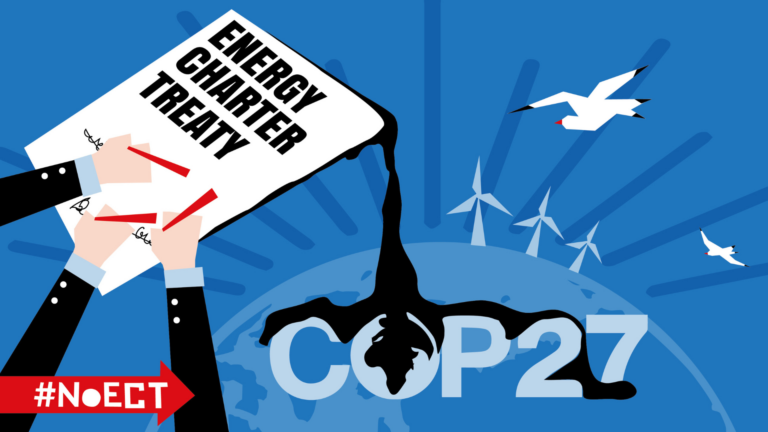 Urgent call to the Dutch government: exit the Energy Charter Treaty nowPosted in category:News
Urgent call to the Dutch government: exit the Energy Charter Treaty nowPosted in category:News Bart-Jaap VerbeekPublished on:
Bart-Jaap VerbeekPublished on: -
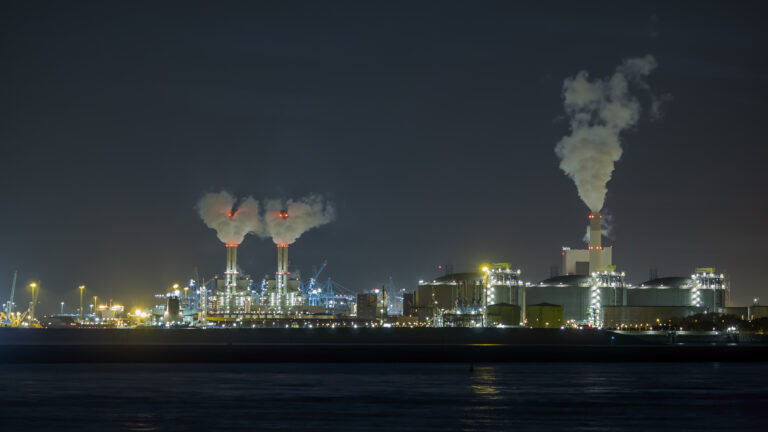
-
Pull the plug on the Energy Charter TreatyPosted in category:Opinion
 Bart-Jaap VerbeekPublished on:
Bart-Jaap VerbeekPublished on: Bart-Jaap Verbeek
Bart-Jaap Verbeek -
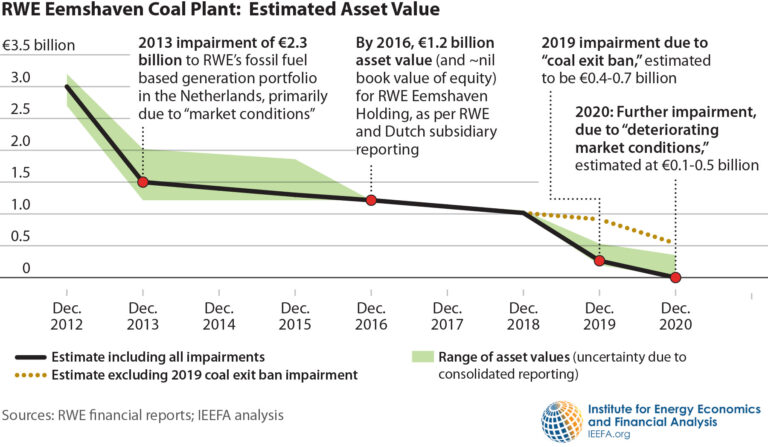 Research undermines billion euro “compensation” claims by German energy companies for Dutch coal phase-outPosted in category:News
Research undermines billion euro “compensation” claims by German energy companies for Dutch coal phase-outPosted in category:News Bart-Jaap VerbeekPublished on:
Bart-Jaap VerbeekPublished on: -
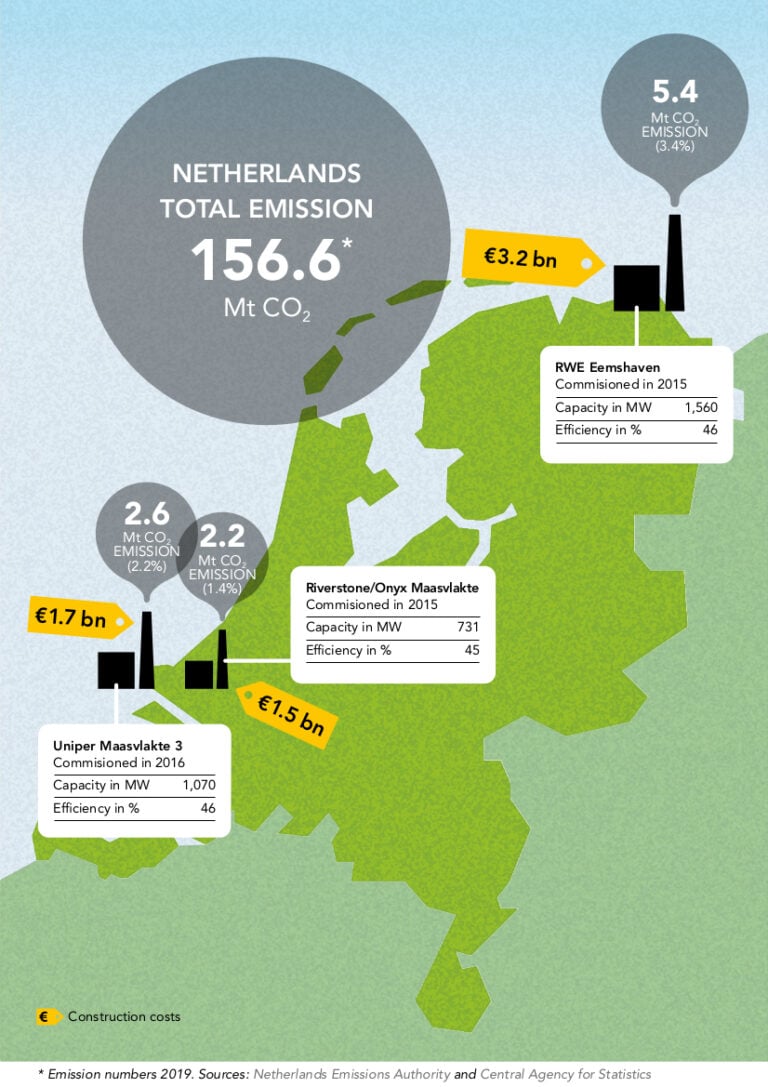
-
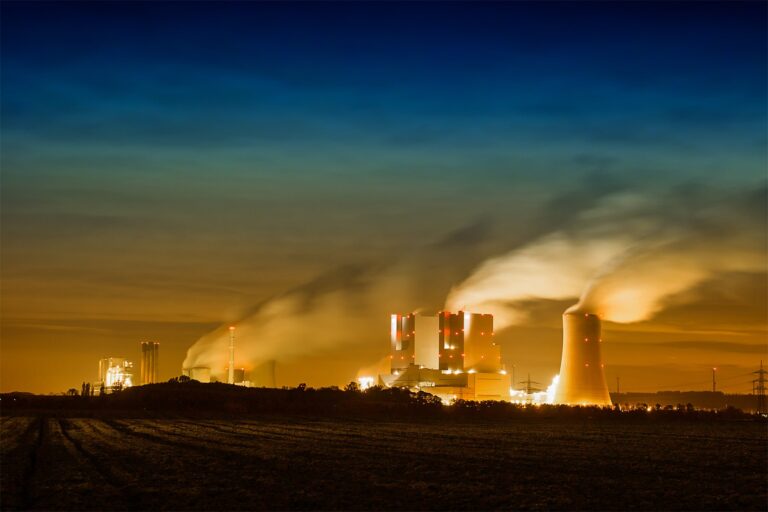 Coal company sues the Netherlands over controversial investment treatyPosted in category:NewsPublished on:
Coal company sues the Netherlands over controversial investment treatyPosted in category:NewsPublished on: -
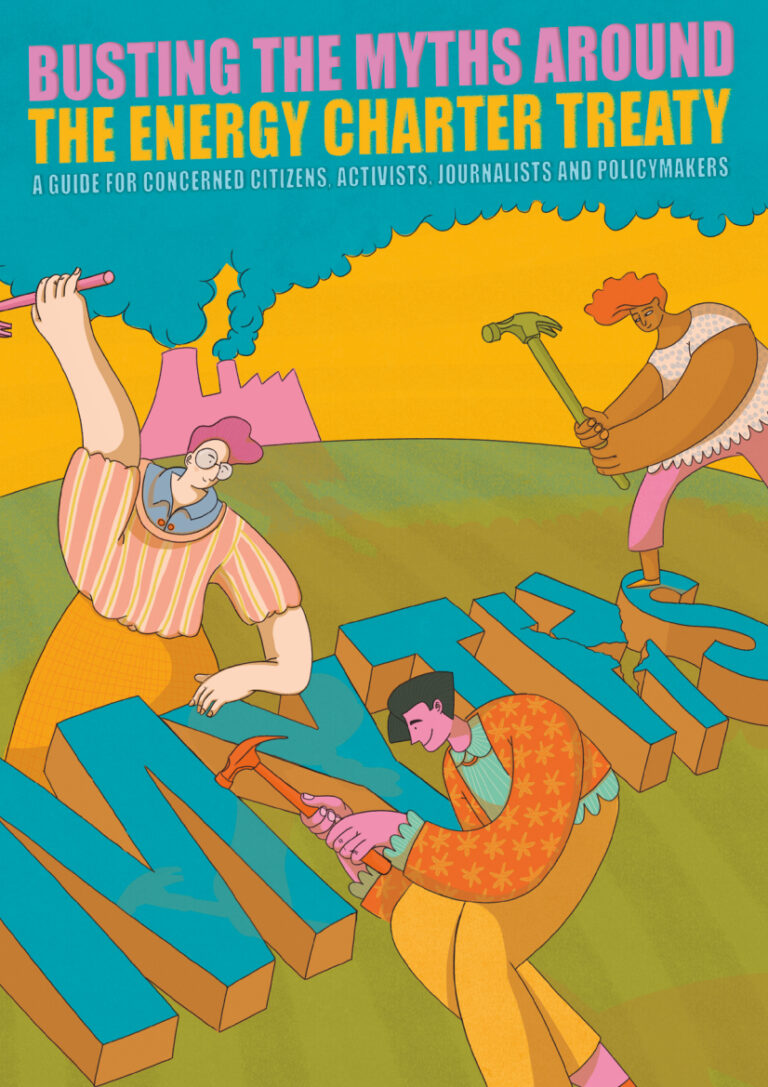 Busting the myths around the Energy Charter TreatyPosted in category:News
Busting the myths around the Energy Charter TreatyPosted in category:News Bart-Jaap VerbeekPublished on:
Bart-Jaap VerbeekPublished on: -
 How CETA opens up Europe to US multinationalsPosted in category:News
How CETA opens up Europe to US multinationalsPosted in category:News Bart-Jaap VerbeekPublished on:
Bart-Jaap VerbeekPublished on: -
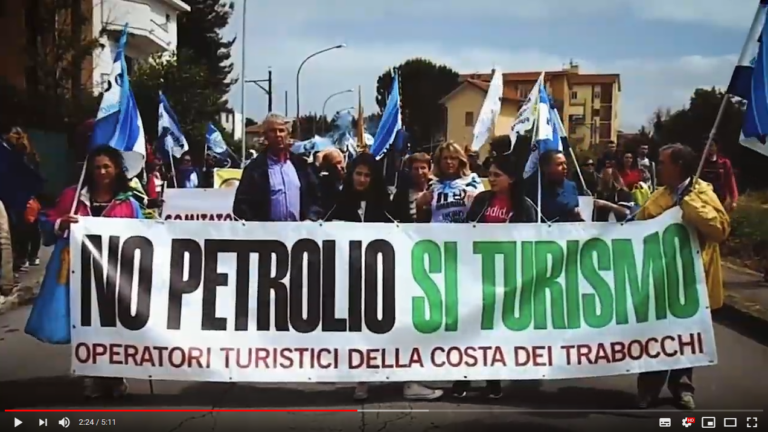
-

-
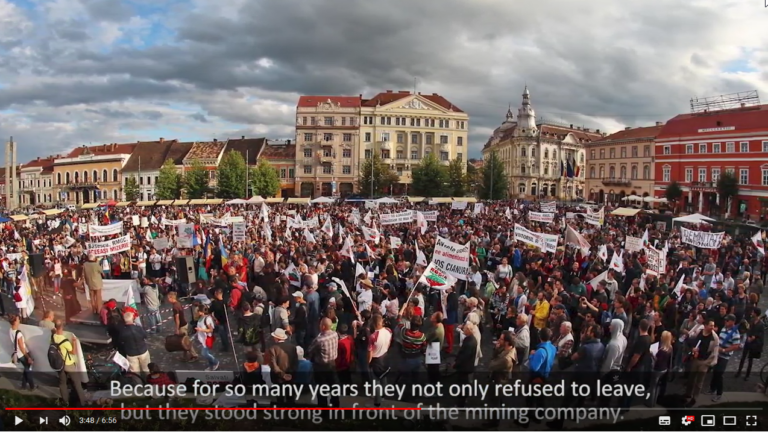
-
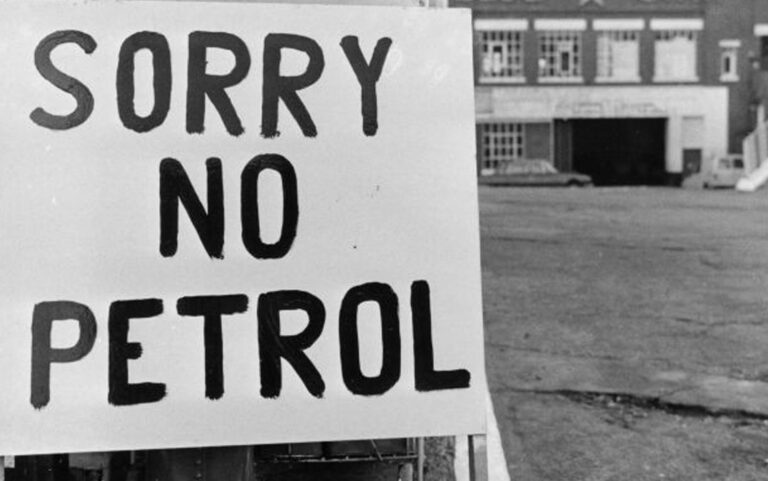 Shell pressured Nigeria with ISDS process to obtain oil field OPL 245Posted in category:News
Shell pressured Nigeria with ISDS process to obtain oil field OPL 245Posted in category:News Bart-Jaap VerbeekPublished on:
Bart-Jaap VerbeekPublished on:


